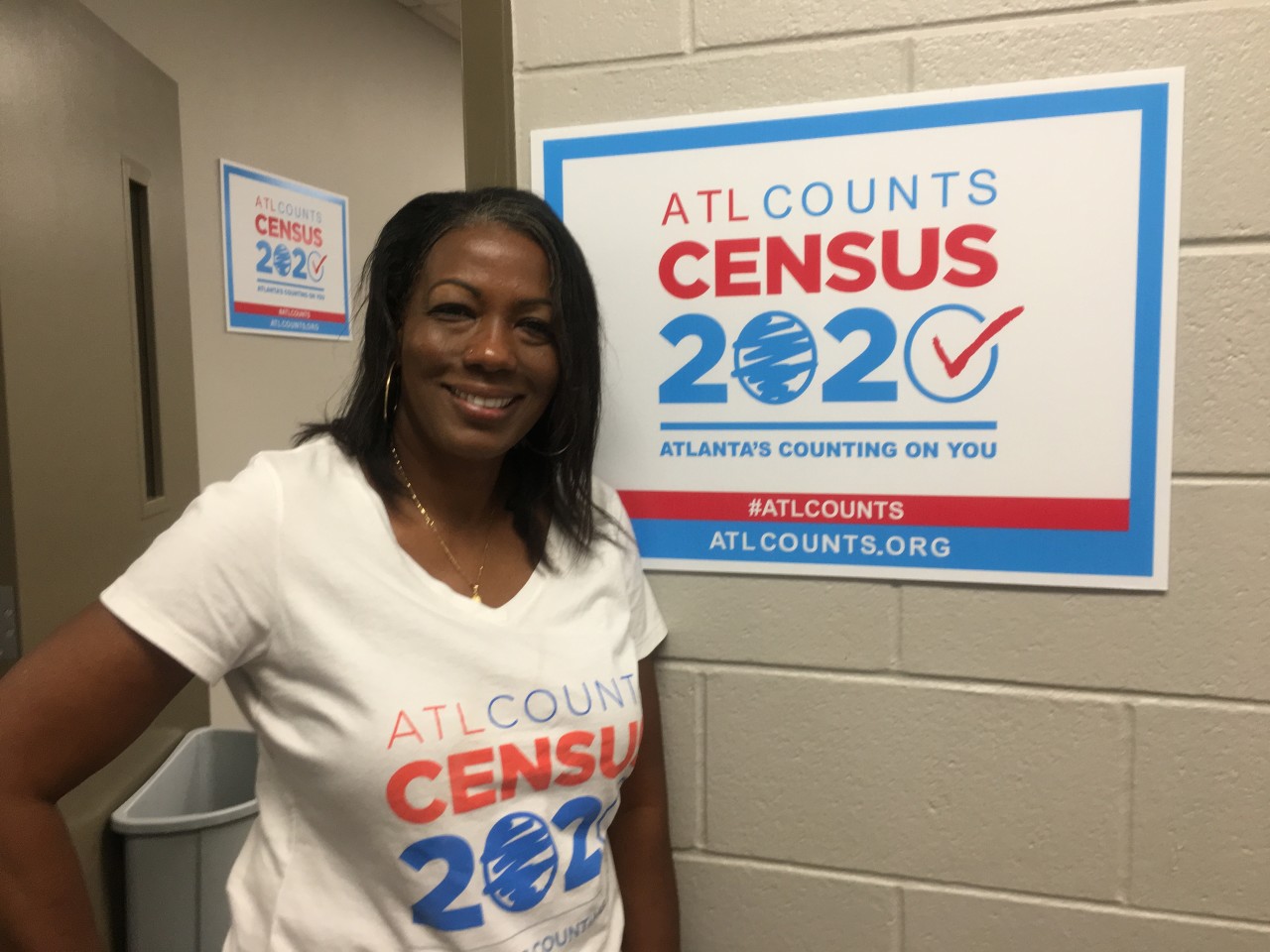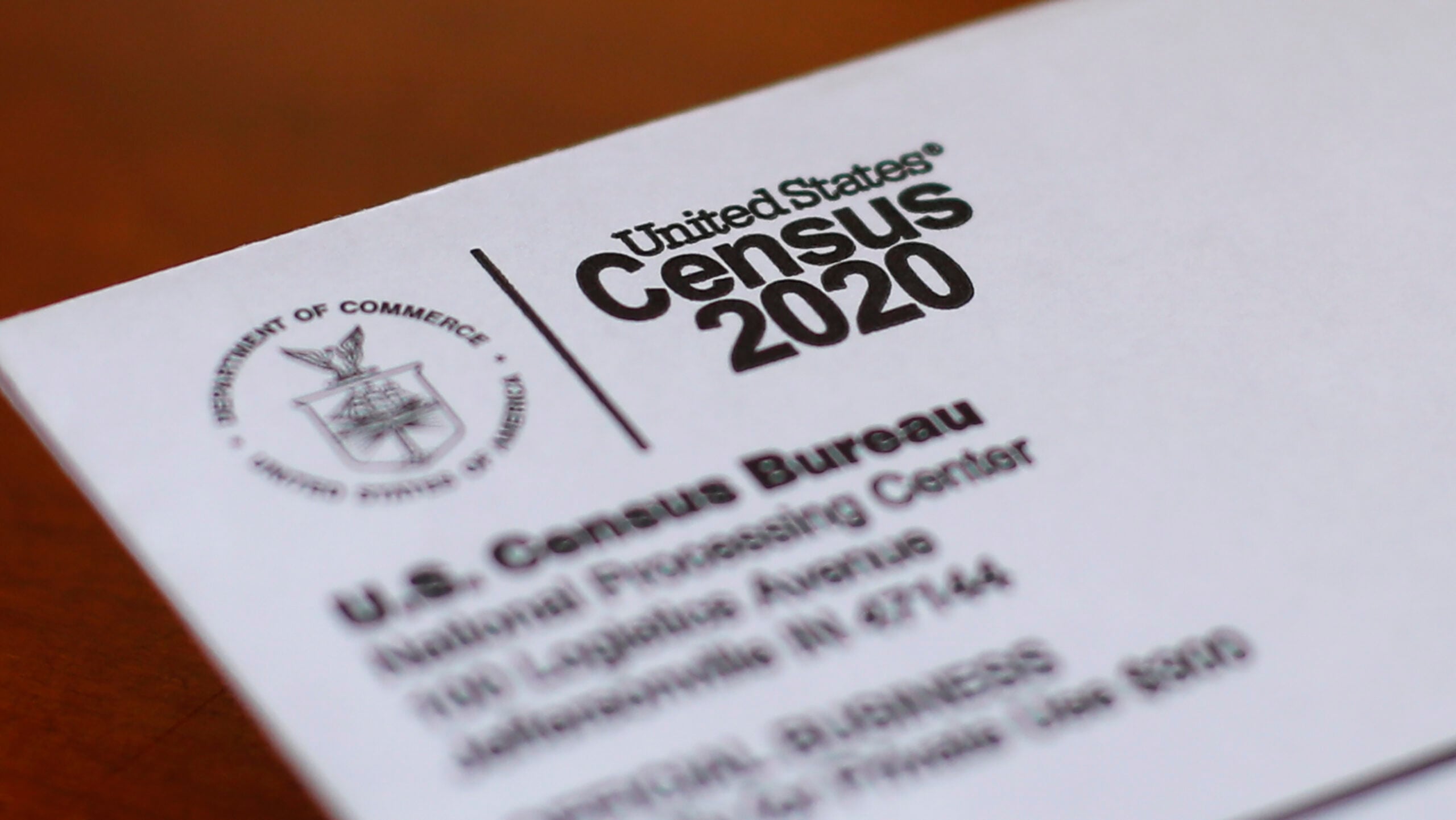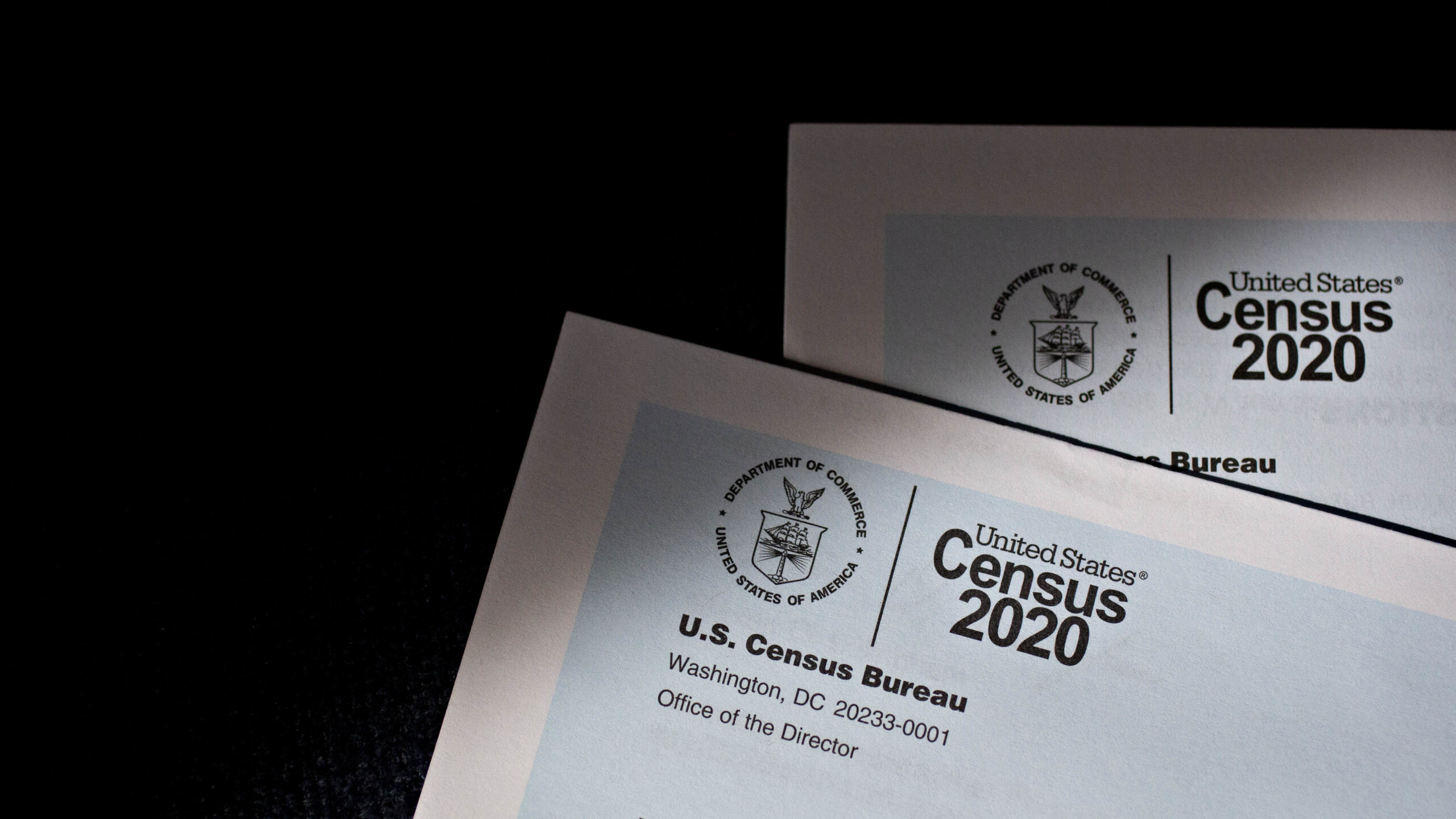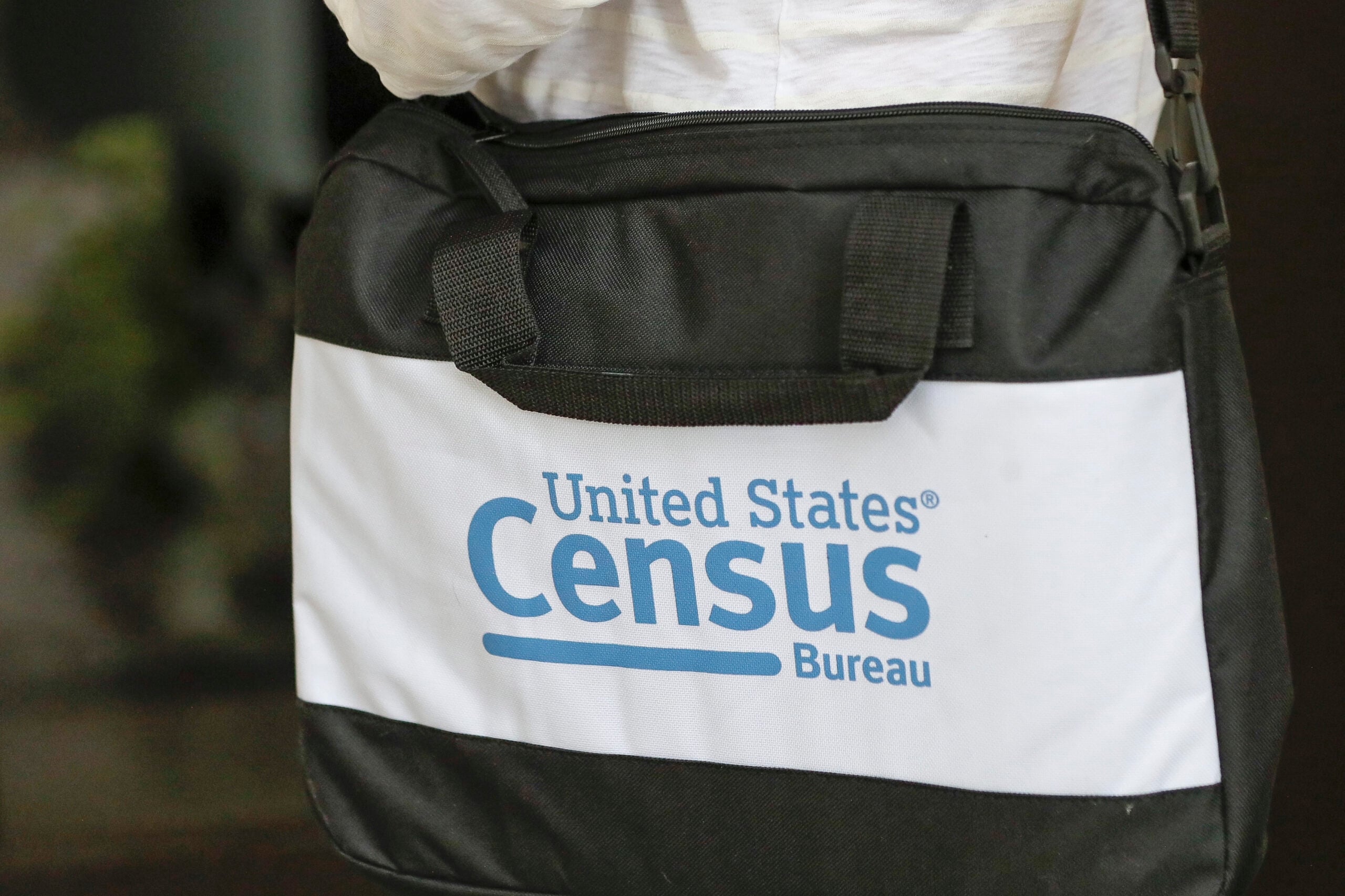On a Saturday afternoon in Southwest Atlanta, about two dozen people glance at a sample 2020 Census form. They’re from countries in the Caribbean such as Haiti, The Bahamas and Jamaica. Cheers and applause broke out as they looked at question nine on the form.
For the first time, the 2020 Census will give black and white people the option to note their origins along with their race. This already existed for Asians and Latinos.
Clayton County resident Marcia Parker, originally from Jamaica, says this is a big deal. “If we don’t open our mouths, people don’t know that we’re not American,” says Parker.
According to the Migration Policy Institute, Metro Atlanta has about 80,000 Caribbean people.
Parker says in cities like New York and Miami, they live in tight-knit neighborhoods.
“But here we are not like that. We are fermented from all over the place,” Parker says. “And if you live next door I may not necessarily don’t know you’re Jamaican.”
With the Caribbean community sprawled all over metro Atlanta, it may be hard to get the word out about filling out the Census.
The Census counts every person living in the United States. It’s mandated by the Constitution, and has been conducted since 1790. The count determines federal funding. In fiscal year 2016, Georgia received more than $23 billion for dozens of federal programs, according to the Georgia Washington Institute of Public Policy. That funding was determined from data from the 2010 Census.
The more people in a region, the more money it will get. Georgia is one of the states most at risk of a miscount, according to the Urban Institute.
Jackie Watson’s job is to make sure that the Caribbean community participates. She’s head of a committee that wants to ensure an accurate count of Caribbean Americans in the Atlanta area. She warns of an under count, not only for Caribbean Americans, but all Georgians.
“We miss out on the ability to have expanded infrastructure: our roads, our bridges, our schools, senior centers, daycare centers,” she says. “All of these are affected by the numbers.”
One of her dreams is for the Atlanta region to get a Caribbean cultural center. But she says the region has to show they have the numbers for such an endeavor. She hopes the new question will get people excited about having more ways to define themselves.
But it may be an uphill battle. That’s because of mistrust about how the data is used. And the recent controversy over a citizenship question has not helped, says Watson.
Earlier this year, the Trump Administration relented on placing a question that asks about citizenship on the 2020 Census form. Watson says although the question will not be on forms, the controversy may have caused a dampening effect as far as getting people to participate.
“Not only Caribbean immigrants but immigrants in general,” she says.
Watson says she’ll continue to spread the word. She believes the more detailed data the Census has about her community, the better.
“There’s strength in numbers,” she says.









